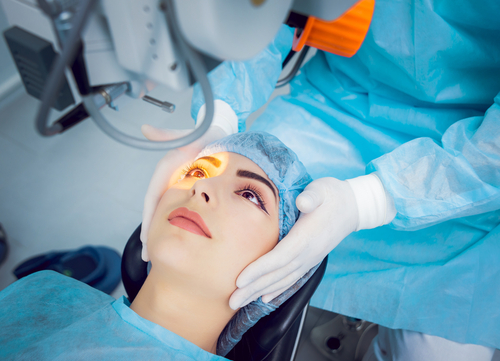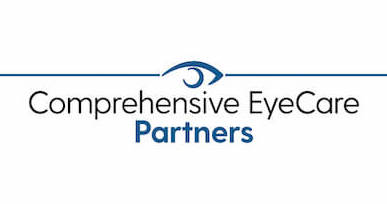
If you have been thinking about permanently correcting your vision, you may have immediately thought about LASIK. LASIK is the most popular and most widely-known vision-correcting surgery procedure available today.
LASIK can be used to correct refractive vision problems, including nearsightedness, farsightedness, and even astigmatism. During the LASIK procedure, a small flap is made in the cornea, and then a laser is used to reshape the cornea and correct the refraction problems that are preventing clear eyesight.
While many individuals can benefit from LASIK, there are certain factors and criteria eye doctors use to determine if someone is a suitable candidate for LASIK. Keep reading to learn more about the factors that determine who can have LASIK!
Age
First and foremost, a person must be at least eighteen years old to undergo a LASIK procedure. A person’s eyes typically continue to develop and change during adolescence, so it’s important to ensure that their vision has stabilized before performing any permanent vision correction procedure.
Overall Eye Health
Another crucial factor is the overall eye health of the individual. LASIK candidates should not have any underlying eye diseases or conditions, such as glaucoma, cataracts, or severe dry eye syndrome.
These conditions can affect the outcome of the procedure or lead to vision-threatening complications during the healing process.
Stable Eye Prescription
A good LASIK candidate’s eye prescription should not have significantly changed in the past year and ideally has remained relatively constant for at least one to two years. A stable eye prescription ensures accurate measurements while planning the procedure and more predictable and successful outcomes.
Corneal Thickness
During the LASIK procedure, the cornea is reshaped, so individuals with thin or irregular corneas may not be suitable candidates for the procedure. Prior to recommending LASIK, an eye doctor will perform a comprehensive eye examination to determine corneal thickness and ensure it is within the acceptable range for successful LASIK treatment.
Good Overall Health
Individuals with certain medical conditions or those taking specific medications may not be suitable candidates for LASIK. Health conditions such as autoimmune diseases, diabetes, or immunodeficiency disorders can affect the healing process.
Additionally, medications like corticosteroids can impact healing and may increase the risk of complications post-procedure.
Realistic Expectations
When considering LASIK, it’s important to have realistic expectations and understand that while LASIK can significantly improve vision, it may not result in perfect vision or eliminate the need for glasses or contact lenses entirely. While ninety percent of people who have undergone LASIK report fully restored vision and ninety-seven percent had their vision corrected to at least 20/40, individual results may vary.
Though LASIK surgery may not be suitable for everyone looking to restore their clear vision, there are other options available, including photorefractive keratectomy (PRK) and refractive lens exchange (RLE). Both PRK and RLE can be used to restore vision if you have issues like extreme near- or far-sightedness or thin corneas.
The best way to be sure if LASIK is right for you is to consult an experienced and knowledgeable eye care provider like Shepherd Eye Center. Whether you are an ideal candidate for LASIK or you need to explore other options, our team is here to ensure that you get the vision-correcting option that is just right for you!
Do you want to learn if you may be a candidate for LASIK? Schedule an eye exam at one of Shepherd Eye Center’s five locations in Henderson or Las Vegas, NV, today!


